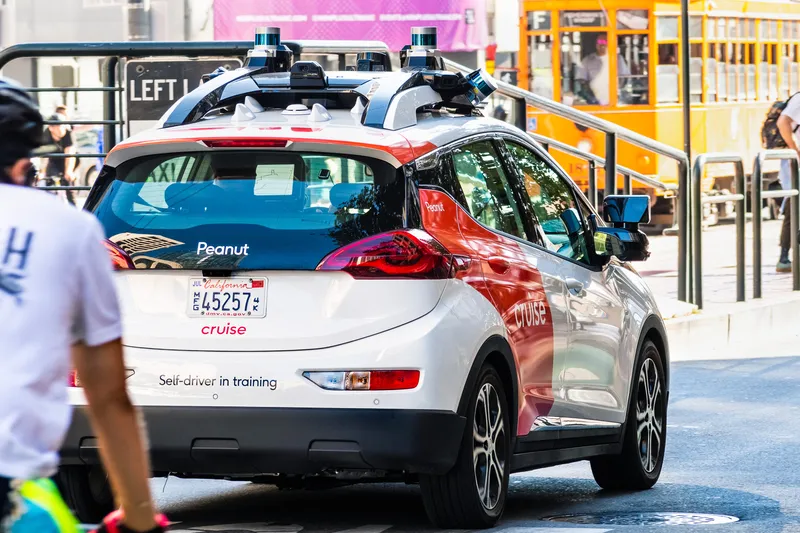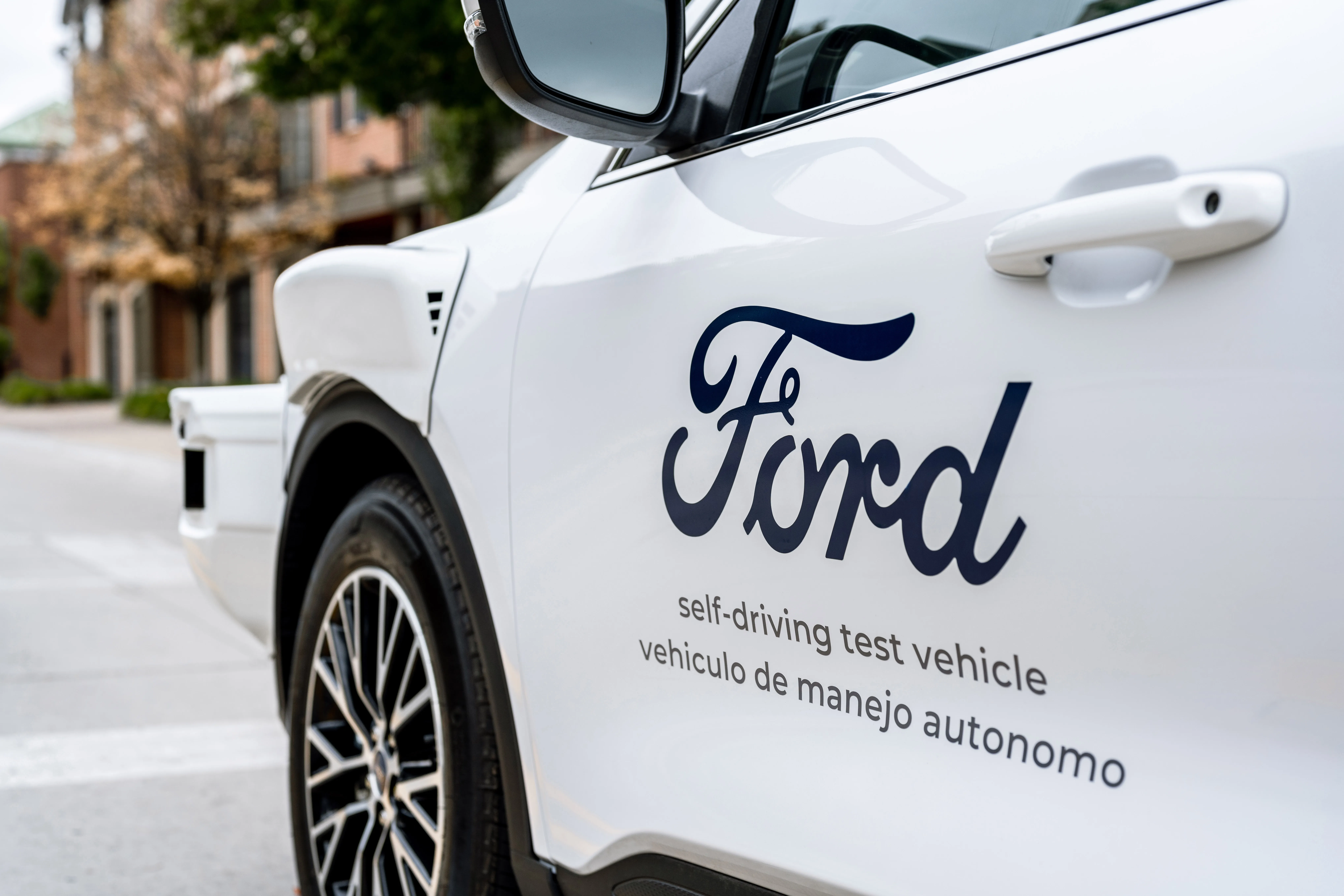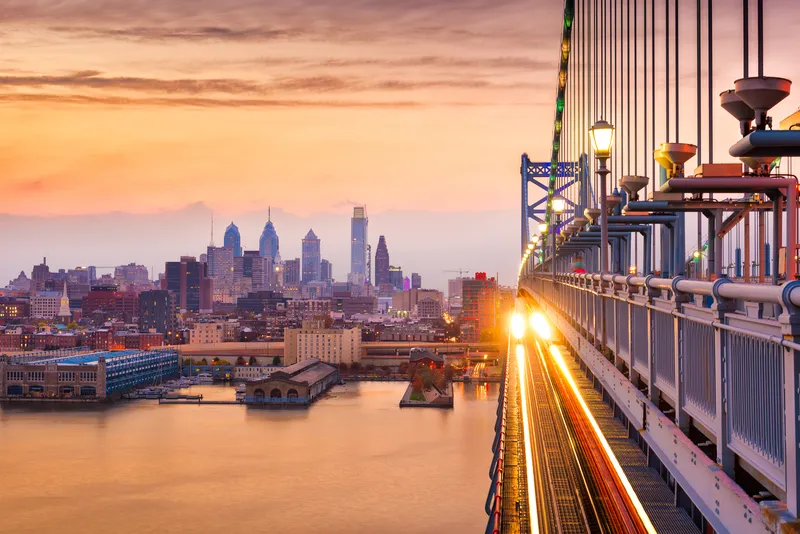
Autonomous vehicle company Cruise has extended its suspension of AV operations in the US.
In a blog post last week, Cruise announced a "voluntary pause of supervised and manual operations".
The California Department of Motor Vehicles (DMV) had already suspended Cruise’s deployment and driverless testing permits - although it said the company could continue testing its AVs with a safety driver.
But now Cruise says it will go further.
"On October 26, we announced a pause of all our driverless operations while we take time to examine our processes, systems, and tools and improve how we operate," the post said.
"In the coming days, we are also pausing our supervised and manual AV operations in the US, affecting roughly 70 vehicles. This orderly pause is a further step to rebuild public trust while we undergo a full safety review. We will continue to operate our vehicles in closed course training environments and maintain an active simulation program in order to stay focused on advancing AV technology."
The company says it is "dedicated to rebuilding trust and operating at the highest standards of safety".
"We are committed to keeping our customers, regulators, and the public informed throughout this process," Cruise adds.
Cruise says it will appoint a permanent chief safety officer and will also "retain a third-party safety expert in the coming weeks to perform a full assessment of Cruise’s safety operations and culture".
"These independent findings will help further guide and inform the work we have initiated," Cruise says.
The company has already hired an independent, third-party engineering consulting firm, Exponent, to conduct a "technical root cause analysis" of an incident on October 2, when a pedestrian hit by another car fell into a Cruise AV's path.
"That work is ongoing, and the Board plans to expand Exponent’s remit to include a comprehensive review of our safety systems and technology," the Cruise blog post says.










